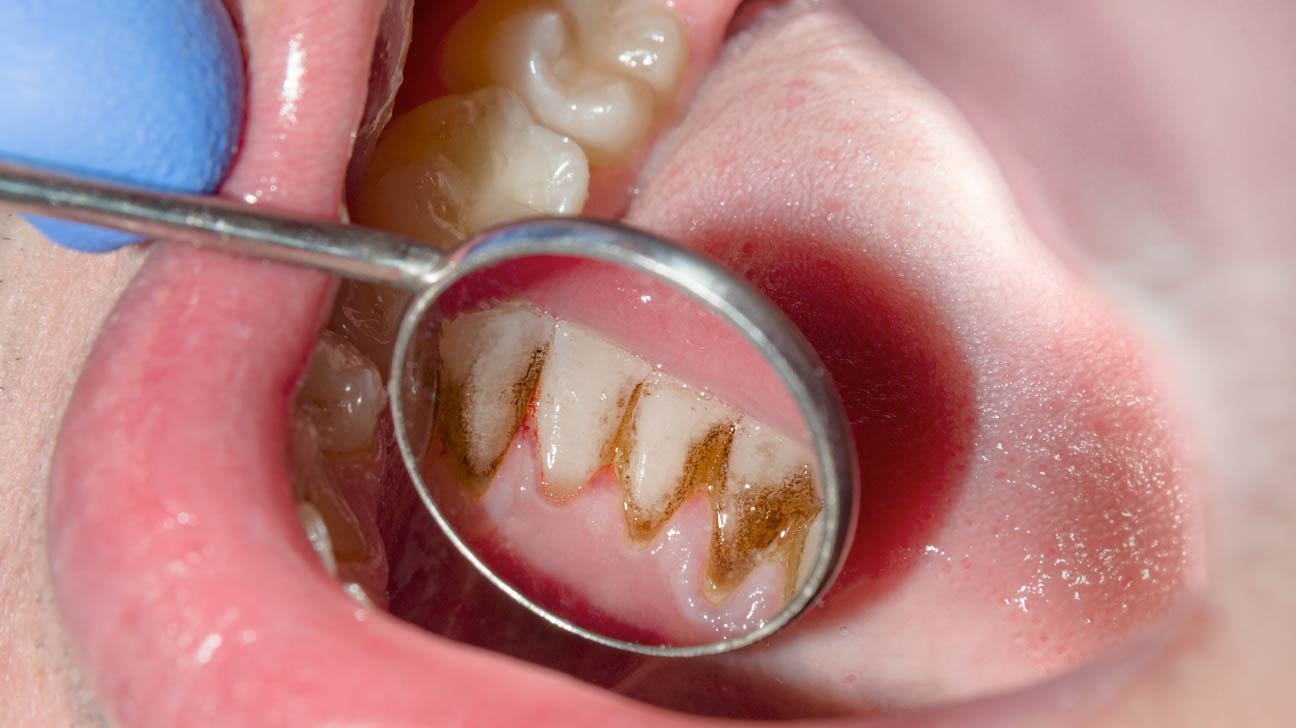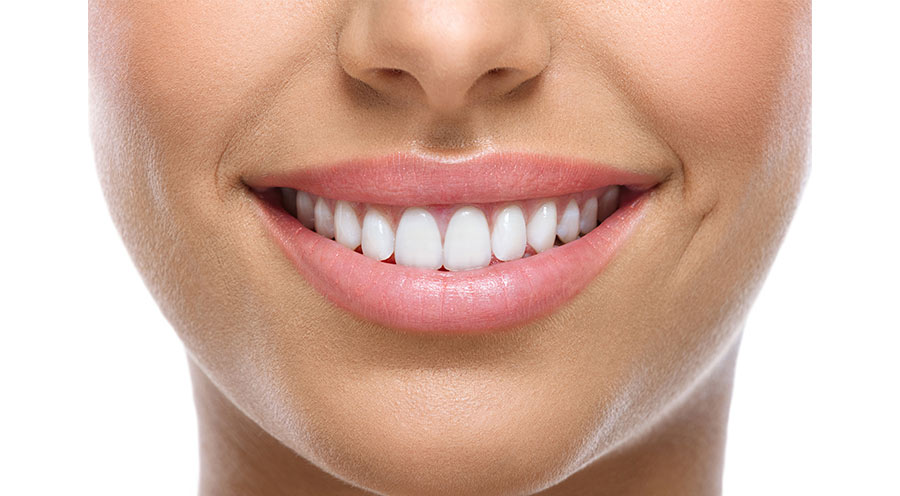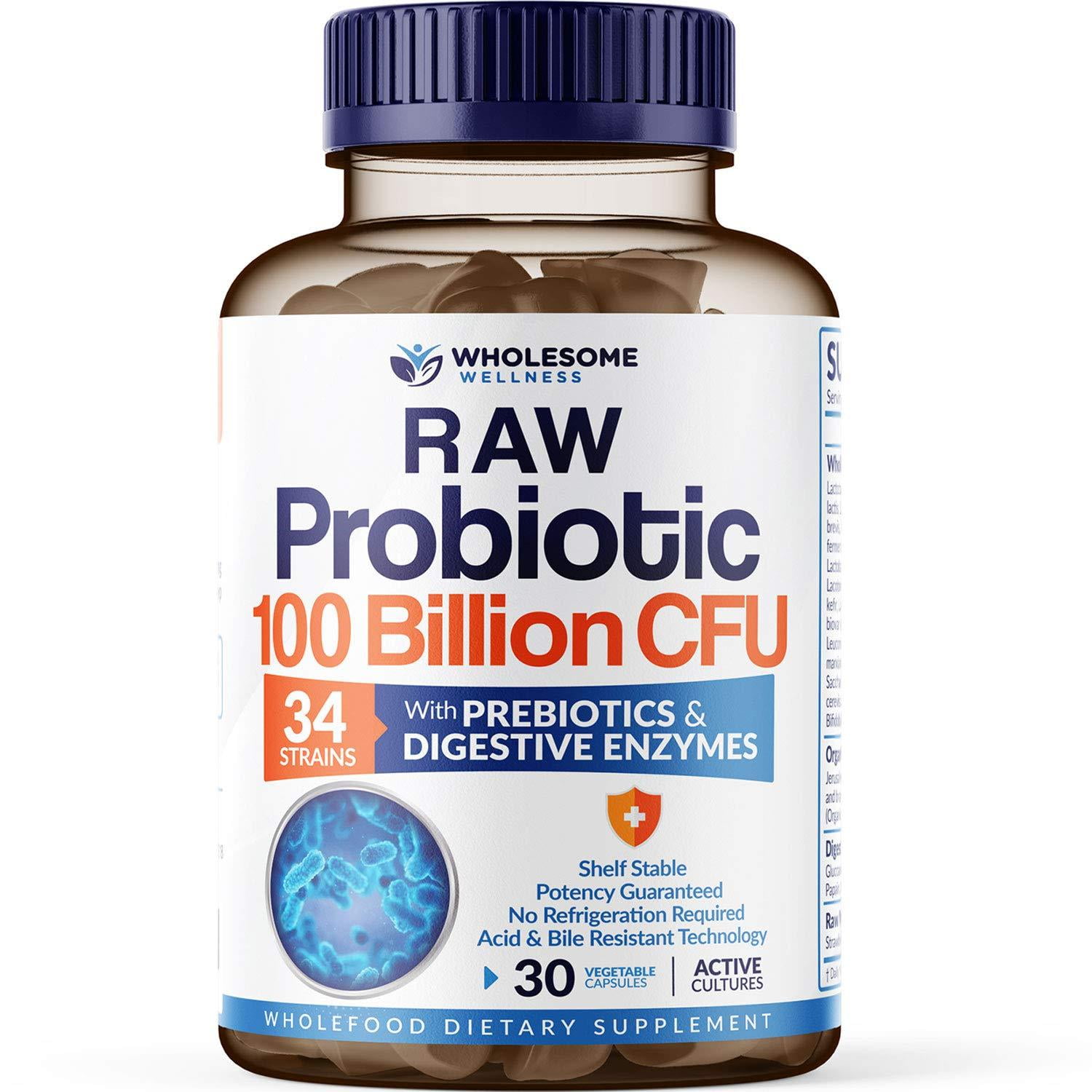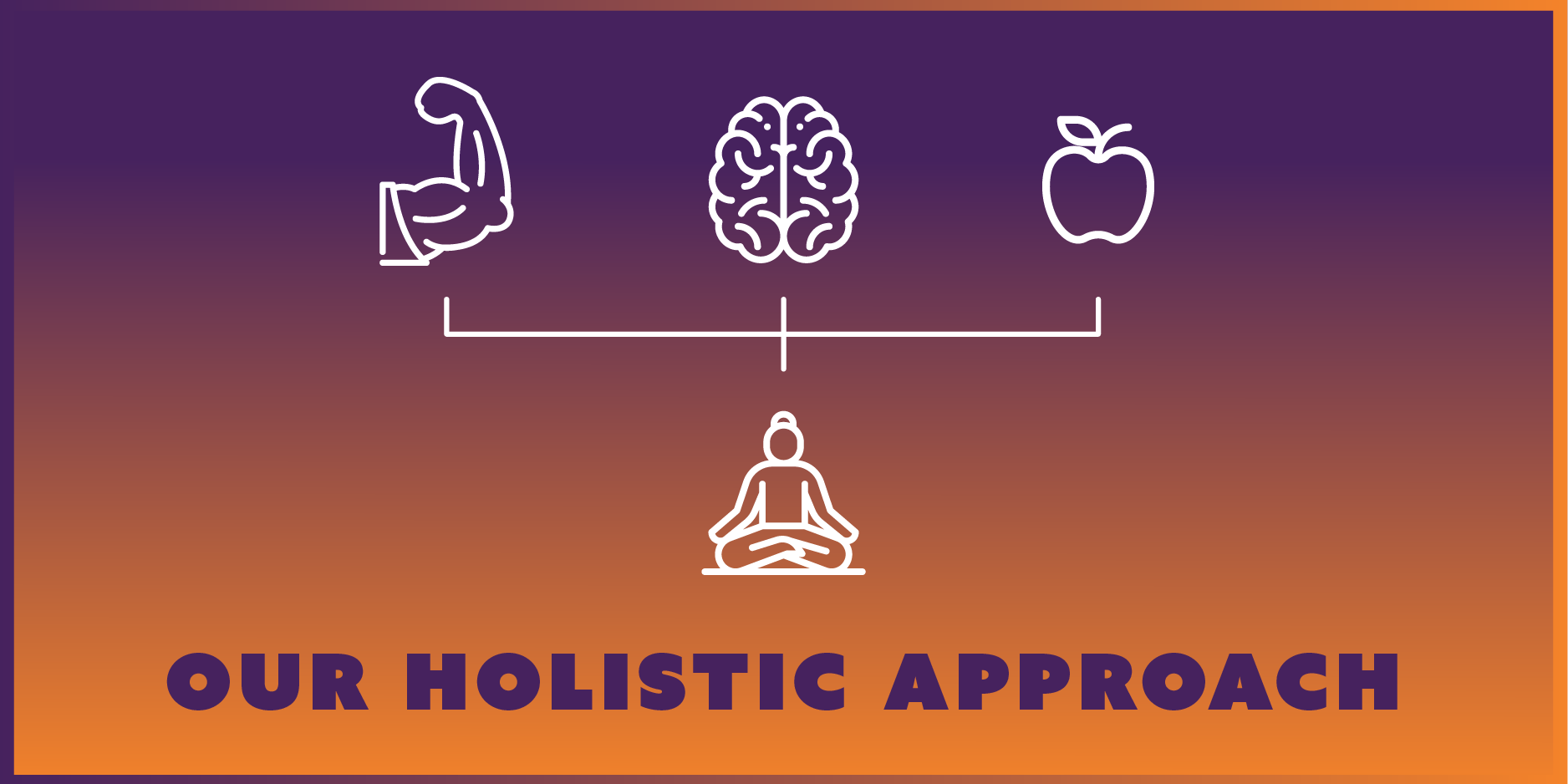
Probiotics: Your Mouth's Secret Weapon Against Cavities and Gum Disease
Okay, let's talk about something super important for your pearly whites (and your overall health!): probiotics. You've probably heard about them in relation to gut health, but did you know they can be a real game-changer for your mouth too? It's all about creating a happy, balanced ecosystem of bacteria in your mouth, and probiotics can help you achieve that. We're diving deep into how these beneficial bacteria fight cavities and gum disease, so grab a cup of tea (unsweetened, of course!), and let's get started.
Understanding the Battlefield: Your Oral Microbiome
Your mouth is teeming with life – millions of bacteria, both good and bad, are constantly battling it out for dominance. This collection of microorganisms is called your oral microbiome, and it plays a HUGE role in your oral health. Think of it like a tiny, bustling city where different bacterial "citizens" are interacting. Some are helpful, others are troublemakers.
The Good Guys: Beneficial Bacteria
The "good guys" in your mouth help keep things in check. They produce substances that inhibit the growth of harmful bacteria, and some even help strengthen your enamel. They're like the friendly neighborhood watch, keeping an eye on things and preventing trouble.
The Bad Guys: Cavity and Gum Disease Causing Bacteria
On the other hand, the "bad guys" are the culprits behind cavities and gum disease. Streptococcus mutans, for example, is a notorious cavity-causing bacteria. It thrives on sugar, producing acids that erode tooth enamel, leading to cavities. Similarly, certain bacteria contribute to gum disease (gingivitis and periodontitis) by causing inflammation and damaging the gums and supporting bone structures.
Probiotics: Tipping the Scales in Your Favor
This is where probiotics step in. These are live microorganisms, mainly bacteria and yeasts, that, when ingested in adequate amounts, confer a health benefit to the host. Essentially, they're like reinforcements for the good guys in your oral microbiome. They help restore balance by:
- Outcompeting harmful bacteria: Probiotics take up space and resources, leaving less for the cavity- and gum-disease causing bacteria to thrive.
- Producing antimicrobial substances: Some probiotics produce substances that directly kill or inhibit the growth of harmful bacteria, creating a less hospitable environment for them.
- Strengthening the immune system: Probiotics can stimulate your immune system, making it better at fighting off infections and inflammation in your mouth.
- Improving the overall oral environment: By promoting a healthier balance of bacteria, probiotics can create a more stable and less susceptible environment to disease.
Think of it like adding beneficial plants to your garden to crowd out weeds – the good plants take up space and nutrients, leaving the weeds with less to thrive on. Probiotics do something similar in your mouth.
How Probiotics Specifically Target Cavities and Gum Disease
Let's get more specific about how probiotics tackle these common oral health problems:
Fighting Cavities
Probiotics can help prevent cavities by reducing the levels of Streptococcus mutans and other acid-producing bacteria. They do this by competing for nutrients and producing substances that hinder the growth of these harmful bacteria. Some studies suggest that certain probiotic strains can even help remineralize enamel, further protecting your teeth.
Combating Gum Disease
Probiotics are also showing promise in the fight against gum disease. They can reduce inflammation in the gums by modulating the immune response and inhibiting the growth of bacteria associated with gingivitis and periodontitis. Some studies have demonstrated a reduction in plaque and bleeding gums in individuals using probiotic products.
Finding the Right Probiotic for Your Mouth
Not all probiotics are created equal. Different strains have different effects, and some are more effective at targeting oral health than others. Some of the probiotic strains showing promise for oral health include:
- Lactobacillus reuteri
- Lactobacillus rhamnosus
- Weissella cibaria
- Streptococcus salivarius K12
You can find these strains in various forms, including:
- Probiotic lozenges or chewables: These allow the probiotics to directly interact with the oral microbiome.
- Probiotic mouthwashes: These provide a convenient way to introduce probiotics into your mouth.
- Probiotic supplements: While taken orally, some strains can still colonize the oral cavity.
It's always best to talk to your dentist or doctor before starting any new probiotic regimen, especially if you have any underlying health conditions. They can help you choose the right probiotic for your specific needs.
Beyond Probiotics: A Holistic Approach to Oral Health
While probiotics are a powerful tool, they're not a magic bullet. Maintaining good oral health requires a comprehensive approach that includes:
- Brushing and flossing regularly: This is still the cornerstone of good oral hygiene.
- Regular dental checkups: Professional cleanings and examinations are crucial for early detection and prevention of problems.
- A healthy diet: Limiting sugary foods and drinks is essential for preventing cavities.
- Managing stress: Stress can negatively impact your immune system, making you more susceptible to oral infections.
Commonly Asked Questions
Q: Are probiotics safe for everyone?
A: Generally, probiotics are considered safe for most people. However, certain individuals, such as those with weakened immune systems, might experience side effects. It's always best to consult with your doctor or dentist before starting a probiotic regimen.
Q: How long does it take to see results?
A: The time it takes to see results can vary depending on the individual, the specific probiotic strain, and the underlying oral health condition. You might notice improvements in a few weeks, but significant changes may take longer.
Q: Can I use probiotics alongside my regular oral hygiene routine?
A: Absolutely! Probiotics should be considered a complement to, not a replacement for, good oral hygiene practices like brushing, flossing, and regular dental checkups.
Q: Are there any side effects?
A: Side effects are generally mild and uncommon. Some people may experience temporary digestive discomfort, such as bloating or gas. If you experience any significant side effects, discontinue use and consult your doctor.
Q: Where can I find probiotics for oral health?
A: You can find probiotic lozenges, mouthwashes, and supplements at many health food stores, pharmacies, and online retailers. Always choose reputable brands with clear labeling of the probiotic strains and dosage.
Remember, a healthy mouth is a happy mouth! By incorporating probiotics into your oral care routine along with other good habits, you can significantly improve your chances of enjoying a lifetime of healthy teeth and gums.








